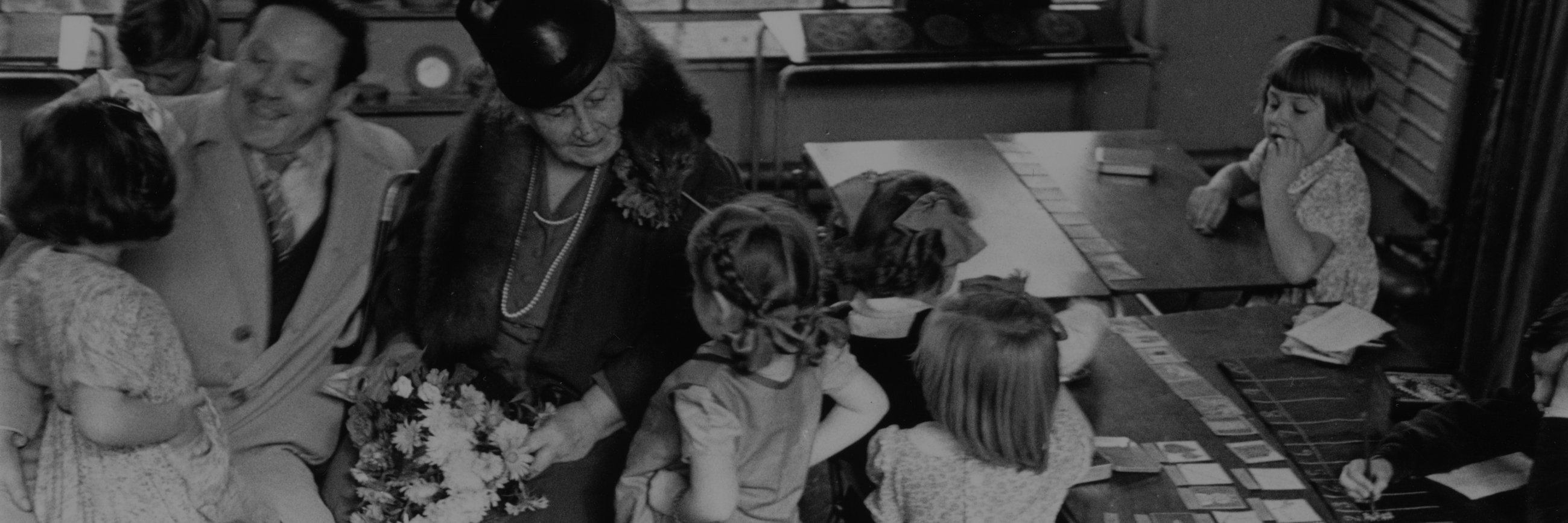Help me to do it myself
![]()
Nearly 100 years ago, an Italian physician inspired the birth of a worldwide educational movement. Dr Maria Montessori, one of Italy’s first female physicians, became interested in education while caring for mentally challenged children in a psychiatric clinic in Rome. There she combined sensory-rich environments and hands-on experiential techniques in the hope of reaching children previously labelled “deficient and insane.” The experiment was a resounding success. Within two years, the children were able to pass Italy’s standardised public school tests. More importantly, Montessori’s innovative practices had elicited positive learning behaviours from children previously left behind by society.
In 1907, Montessori continued shaping her learning model by opening “A Children’s House” for pre-school children living in the slums of San Lorenzo. With her scientific background to guide her, she observed how young people learned best when engaged in purposeful activity rather than simply being fed information. She drew upon her clinical understanding of children’s cognitive growth and development in constructing an educational framework that would respect individuality and fulfil the needs of the “whole child.” Dr Montessori’s pioneering work created a blueprint for nurturing all children - learning disabled to gifted - to become the self-motivated, independent and life-long learners that are the ultimate goals of today’s educational reform movement.
![]()
Since that time, Montessori’s philosophy, materials and practices have spread around the globe and have been implemented in a variety of cultural settings. Following Dr Montessori’s death in 1952, the practice enjoyed a renaissance as parents sought new learning options for their children.
Today, Dr Montessori’s visionary ideas flourish as the cornerstone of a thriving educational practice. There are thousands of Montessori schools in the world including hundreds of programmes in public and private schools, where the interest in enrolment often results in long waiting lists.
As more and more schools incorporated core elements of her model - multi-age classrooms, early childhood education - Montessori became widely recognised as being ahead of her time. Remarkably, her visionary ideas remain viable concepts that have profoundly influenced the entire educational landscape.
![]()














